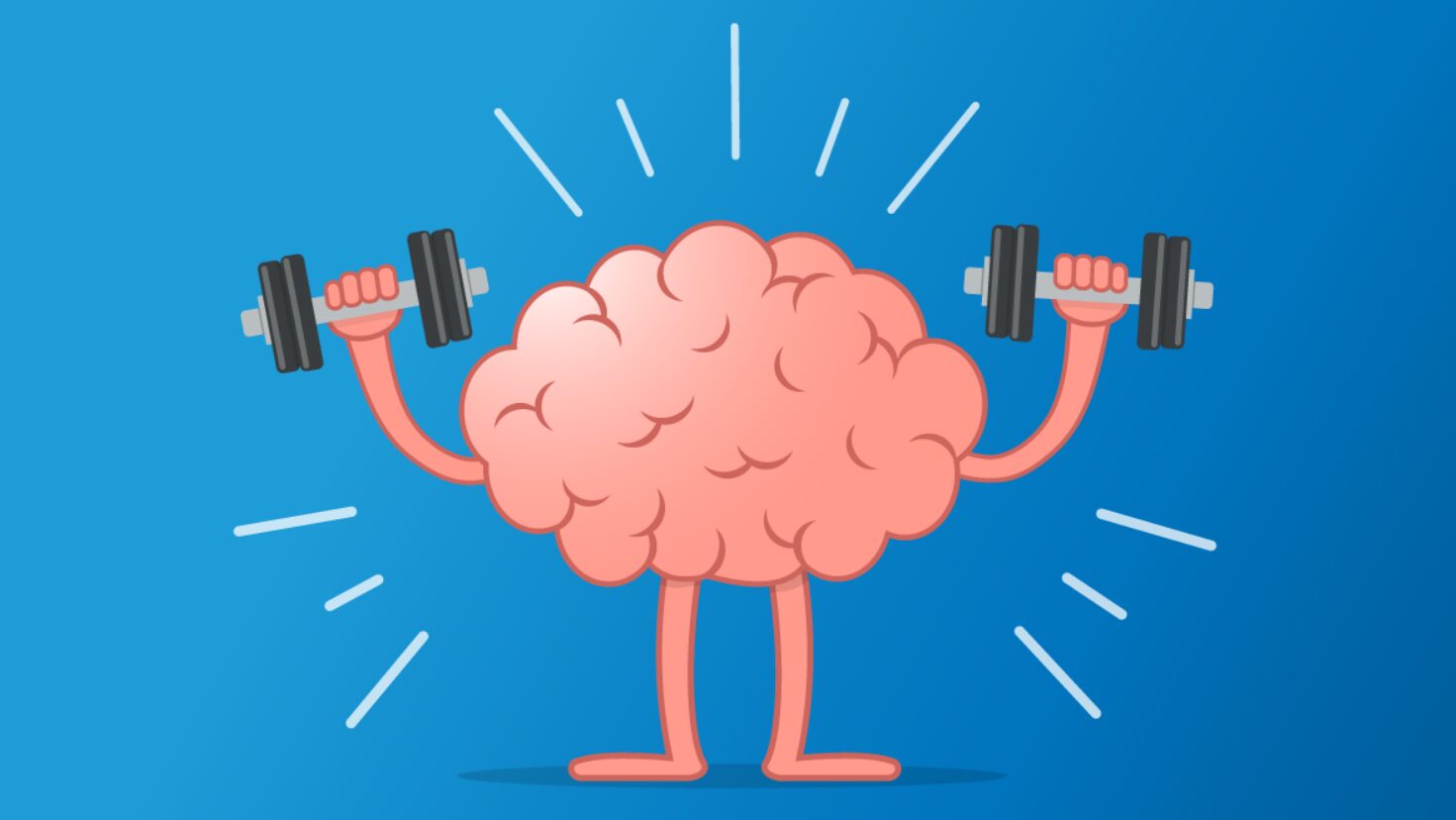Sleep and Mental Health
Introduction
Sleep plays a critical role in maintaining both physical and mental health. Poor sleep can exacerbate symptoms of anxiety, depression, and stress, while consistent, high-quality rest improves mood and overall well-being. This article explores the link between sleep and mental health, offering tips to improve your sleep quality and, in turn, your mental health.
1. How Sleep Affects Mental Health
Sleep is essential for the brain’s ability to process emotions and memories. When you don’t get enough rest, your brain struggles to regulate mood, making you more vulnerable to mental health disorders such as anxiety, depression, and irritability. Research shows that chronic sleep deprivation can lead to long-term mental health issues.
2. Common Sleep Disorders and Their Mental Health Impact
Conditions like insomnia, sleep apnea, and restless leg syndrome can disrupt your sleep and negatively affect your mental health. Individuals suffering from sleep disorders often experience difficulty concentrating, low energy, and heightened stress levels, creating a vicious cycle that impacts mental wellness.
3. Tips to Improve Sleep Quality
Improving your sleep quality can significantly enhance your mental health. Here are some effective strategies:
- Establish a Sleep Schedule: Go to bed and wake up at the same time every day, even on weekends, to regulate your body’s internal clock.
- Create a Relaxing Bedtime Routine: Avoid screens and stimulating activities before bed. Instead, try reading, meditating, or taking a warm bath to signal to your body that it’s time to wind down.
- Optimize Your Sleep Environment: Ensure your bedroom is cool, dark, and quiet. Consider using blackout curtains or white noise machines to minimize disruptions.
- Limit Caffeine and Heavy Meals Before Bed: Stimulants and large meals can interfere with your ability to fall asleep. Aim to avoid them in the evening.
4. The Role of Sleep Hygiene in Mental Well-being
Good sleep hygiene practices are essential for improving both the quality and quantity of your sleep. Simple steps like avoiding naps during the day, limiting screen time before bed, and maintaining a consistent bedtime can make a significant difference. Prioritizing sleep as part of your overall wellness routine will lead to improved mental clarity and emotional stability.
5. When to Seek Help for Sleep Problems
If sleep issues persist despite making changes to your routine, it may be time to consult a healthcare professional. Sleep specialists can identify underlying conditions and provide treatment options, such as cognitive behavioral therapy for insomnia (CBT-I), to help you get the rest you need.
Conclusion
Sleep and mental health are deeply intertwined, and improving one often leads to improvements in the other. By following these tips for better sleep hygiene, you can enhance your emotional well-being and achieve a healthier, happier life.








Leave a Reply